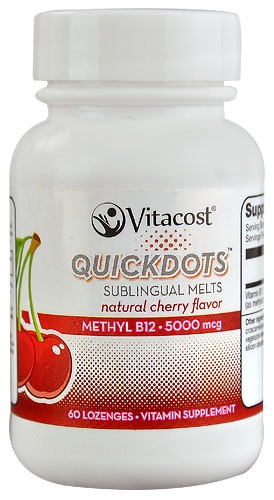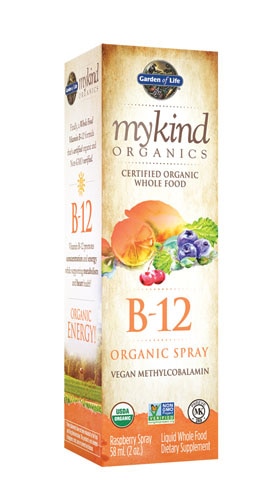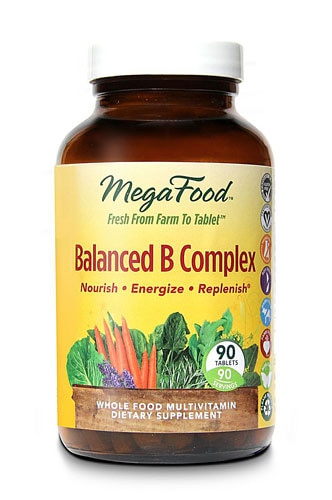When it comes to transforming the foods we eat into energy for our bodies, it’s a micronutrient team effort! We rely on several vitamin-derived cofactors as well as ionized minerals to harvest energy from the chemical bonds in fats, proteins and carbohydrates.
One set of key players, the B vitamin complex, has a substantial role in energy transformation. The B vitamin complex consists of B1 (thiamine), B2 (riboflavin), B3 (niacin), B5 (pantothenic acid), B6 (pyridoxine), B7 (biotin), B9 (folic acid) and B12 (cobalamin).
While B vitamins themselves don’t actually provide energy, they are vital for the processing of energy-containing foods. B6 and B12 are unique in that they are primarily found from animal sources, while most of the rest are widely distributed in food.
Actual deficiencies of B vitamins are rare in the general population, though vegan eaters and elderly individuals are potentially at risk for a B12 deficiency, which can negatively impact energy production as well as red blood cell formation.
If your diet is lacking in fruits, vegetables, beans, and grains, you may want to consider a B-complex supplement to ensure that your metabolic machine has all the appropriate parts!
Here are some of my top B vitamin supplement picks:
 |
 |
 |

